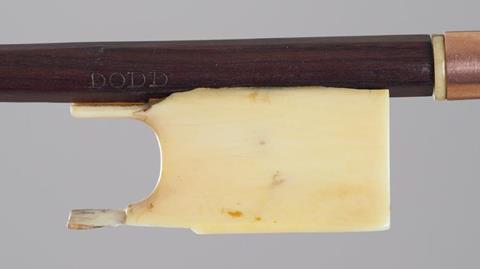As of 6 June, anything made of or containing ivory must be registered before a sale in Britain

The UK Government’s Ivory Act has come into force. As of Monday 6 June, it is illegal to sell anything made of or containing elephant ivory unless the item is registered and qualifies for an exemption. The Ivory Act prohibits dealing in ivory items unless they meet one of five narrow and carefully defined exemptions and are either registered or have an exemption certificate.
The Government has launched an ivory digital service allowing people to register or apply for an exemption certificate for ivory items they would like to deal in. Anyone who started a transaction before 6 June has until 3 July to complete it without registering or applying for an exemption certificate. If the transaction is not completed by 3 July, the seller must either register or apply for an exemption certificate before completing the transaction; or cancel the transaction completely.
According to a Government press release, anyone found guilty of breaking the law could be fined up to £250,000 or risk up to 5 years’ imprisonment. As well as the sellers, buyers of ivory items are responsible for checking that they can be lawfully sold or hired out.
Read: The British bow: a rough guide to dating and development
Debate: The US ivory ban risks criminalising hard-working musicians
Read: Budapest Festival Orchestra violin bows seized by New York airport officials over ivory concerns
‘The number of elephants free in the wild has declined by almost a third, with the savanna elephant population plummeting by around 30 percent – equal to 144,000 elephants – across 15 African countries between 2007 and 2014,’ the press release stated. ‘It’s estimated around 20,000 are also still being slaughtered annually because of the global demand for ivory.’
Photo: Franz Karl











































No comments yet